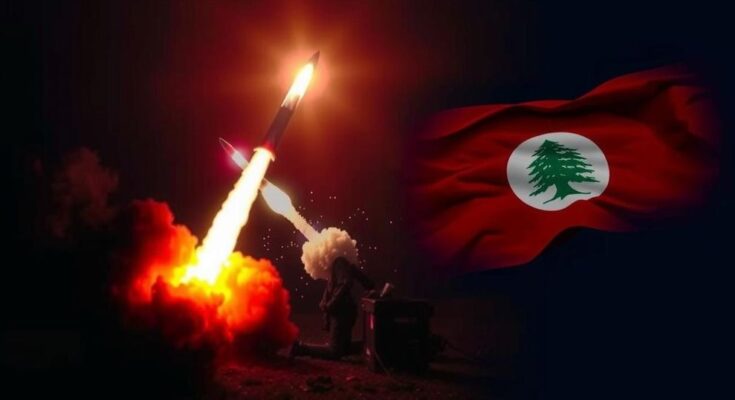Iran reserves the right to respond to Israeli airstrikes, as articulated by Foreign Minister Abbas Araghchi during his visit to Lisbon. He welcomed the recent ceasefire between Israel and Hezbollah, mediated by the U.S. and France, and indicated that future tensions depend on Israel’s actions. Despite Israeli claims of weakening Hezbollah, Araghchi asserted that the group has displayed resilience and strength following recent conflicts.
During a press conference in Lisbon, Iranian Foreign Minister Abbas Araghchi emphasized Tehran’s prerogative to respond to the Israeli airstrikes that occurred last month. He acknowledged significant developments in the Middle East and welcomed the recent ceasefire agreement between Israel and the Iran-aligned Hezbollah, which took effect after mediation from the United States and France. Araghchi expressed hope that the ceasefire would lead to sustained peace in the region, asserting that future tensions would largely depend on Israel’s conduct.
Responding to queries on whether the ceasefire would reduce animosity between Iran and Israel, Araghchi asserted, “It depends on the behavior of Israel.” He reiterated Iran’s commitment to act in response to what he characterized as Israeli aggression, while also taking into consideration ongoing regional dynamics.
The backdrop of these remarks includes Israeli military actions against Iranian targets in response to prior missile attacks. January saw a series of Israeli strikes aimed at Hezbollah, which Araghchi argued had not diminished the group’s capabilities. He posited that Hezbollah had effectively reorganized and gained strength despite losses, as evidenced by their increasing numbers and resilience.
This sentiment was reiterated by Hezbollah official Hassan Fadlallah, who predicted that the group would emerge from the conflict even more robust than before. The Iranian narrative suggests that continual resistance is ultimately beneficial for Hezbollah, reflecting a broader strategic coalition against perceived aggression from Israel.
The geopolitical landscape of the Middle East continues to be characterized by tensions, particularly regarding the relationships between Iran, Israel, and Hezbollah. Following a series of military engagements, including airstrikes and missile exchanges, discussions surrounding ceasefires have become increasingly critical. The recent ceasefire agreement in Lebanon, spurred by international mediation, aims to mitigate hostilities, yet the threat of renewed conflict remains prevalent. Iran’s stance regarding its right to respond underscores the volatility of the situation and the intricate web of alliances and enmities that define the region.
In conclusion, Iranian Foreign Minister Abbas Araghchi articulated Tehran’s position on recent Israeli airstrikes, emphasizing both the importance of the newly established ceasefire with Hezbollah and the continuing right of Iran to respond to provocations. The evolving dynamics in the region underscore the interplay of military actions and diplomatic efforts, exemplified by the ceasefire agreement, which, while hoped to contribute to stability, hinges on Israel’s further behavior. The resilience of Hezbollah in the face of Israeli operations suggests a complex battleground that remains rife with potential for escalation.
Original Source: www.arabnews.com




